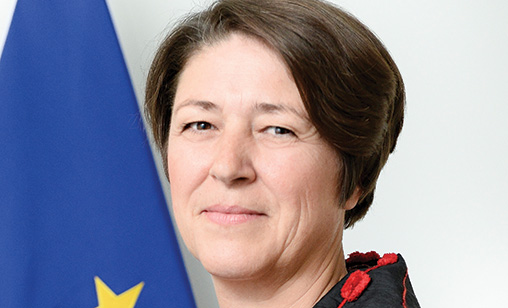Addendum
Rich versus poor divide haunts emissions negotiations
April 1st 2016
Remember the furore over the European Union’s (EU) unilateral imposition of a carbon emissions trading scheme for airlines in 2012, only called off after the International Civil Aviation Organization (ICAO) agreed to work towards a global plan of achieving carbon neutral growth for aviation from 2020? Read More »
Well the hard work to agree on a global market based mechanism (MBM) for payment of the industry’s emissions is not done yet. Word from ICAO’s headquarters in Montreal is that negotiations, aimed at finalizing an MBM for presentation and approval at the organisation’s triennial meeting in September, have hit some road bumps.
The elephant in the room, and not for the first time, is the challenge of developing a formula that takes into account the “common but differentiated responsibilities” of developed and developing nations.
Developing countries with fast expanding aviation sectors, such as China and India, are demanding more latitude to produce emissions than developed countries, which are now growing more slowly but were responsible for generating the bulk of aviation’s historic greenhouse gases.
When a landmark global climate accord was signed in Paris last December, aviation was excluded from it and the issue was resolved by treating wealthy and poor nations differently.
The problem is that a similar agreement for aviation could violate ICAO’s own principle of non-discrimination in its founding treaty, the Chicago Convention. In March, Reuters news agency quoted an unnamed EU official who said the ongoing gap between developed and developing countries on the issue would be a “very big problem, especially with China”.
Differentiation also would risk giving a competitive advantage to airlines that have significant global market share but are registered in “developing countries”, legal experts argued.
 |
European Commissioner for Transport, Violeta Bulc, said countries were struggling to fairly divide responsibilities for aviation emissions obligations. “The proposal on the table at ICAO aims to take care of that by sharing the burden of de-carbonization across all the actors,” the EU said.
Bulc confirmed global leaders are working behind the scenes to resolve the dispute and suggested ICAO examines EU’s handling of burden sharing as a guide. With burden sharing, richer member states take on different responsibilities to poorer countries like Greece. “In Europe we also learned that you have to take the specifics of certain countries into consideration,” she said.
At ICAO accord on the issue remains elusive. Senior government officials from Europe, the U.S. and China, along with other representatives, are desperately seeking a solution to the issue. A special meeting will be held this month to agree to a consensus plan that can be presented to a meeting of ICAO’s governing council in May.
If these efforts fail, there is a risk the EU will re-impose its own emissions scheme, a decision that would undo years of work in building a global aviation emissions reduction scheme.